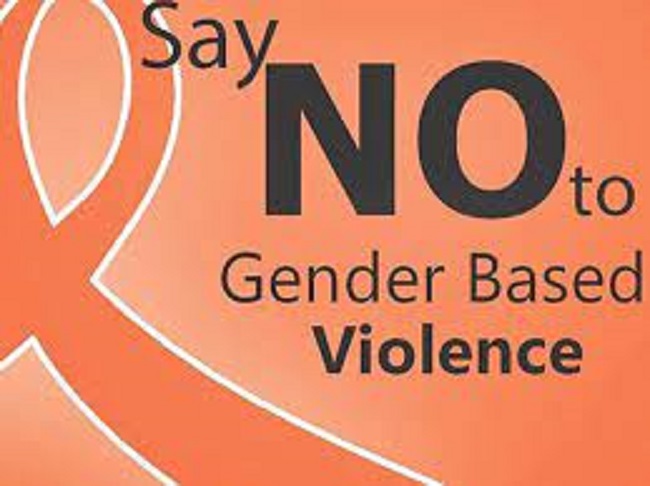Oyo State Programme officer for the Resilient System for Sustainable Health Development/COVID-19 Response Mechanism (RSSH C19-RM) project, Mr Oluseun Adebiyi has described gender-based violence as a major public health issue and a silent pandemic now in schools and churches across 5 Local government areas in Oyo.
Mr Adebiyi, who spoke at a Gender-based violence (GBV) coordination meeting by RSSH C19-RM, said Domestic violence, a form of gender-based violence is increasing in Nigeria and it has become a shadow pandemic because nobody is coming out to say much about it, even in the 5 LGAs RSSH C19-RM project is intervening.
The RSSH C19-RM project is been implemented by the National Agency for the Control of AIDS (NACA), utilising a combination of networks, including the Network of People Living with HIV and AIDS in Nigeria (NEPWHAN), the Civil Society for Malaria Control, Immunisation, and Nutrition (ACOMIN), and TB networks, with NEWPHAN taking the lead among other community-based organisations (CBOs).
He declared that gender-based violence, particularly domestic violence, is becoming more rampant but triggered more now by anger, unemployment, drugs and alcohol, religion, and inter-tribal marriage.
“In July 2024, five small group discussions were done by NEP1 case managers. And four schools and one church were visited for GBV outreaches.
“During these outreaches, varying cases of abuses were observed, which ranged from sexual, physical, and domestic abuses. There are some schools we visited and we discovered cases of sexual abuse in those schools. We also have self-reporting on domestic abuse and what they are facing in their home.
“Domestic violence is a choice and not an impulse that cannot be controlled. A victim’s behaviour should not be the reason to perpetrate abuse. And domestic violence is a choice. We all have impulse. But we can control this anger in us. So angry shouldn’t be a basis for us committing domestic violence.”
Head of NAPTIP Oyo State office, Mr Kayode Alfred stated that a case of gender-based violence that is not addressed will lead to the perpetrator repeating it and like all epidemics, gender-based violence, especially domestic violence, requires urgent intervention.
He, however, said ending domestic violence, including all forms of gender-based violence like human trafficking, should be the role of law enforcement agencies, including NAPTIP, individuals, and society.
